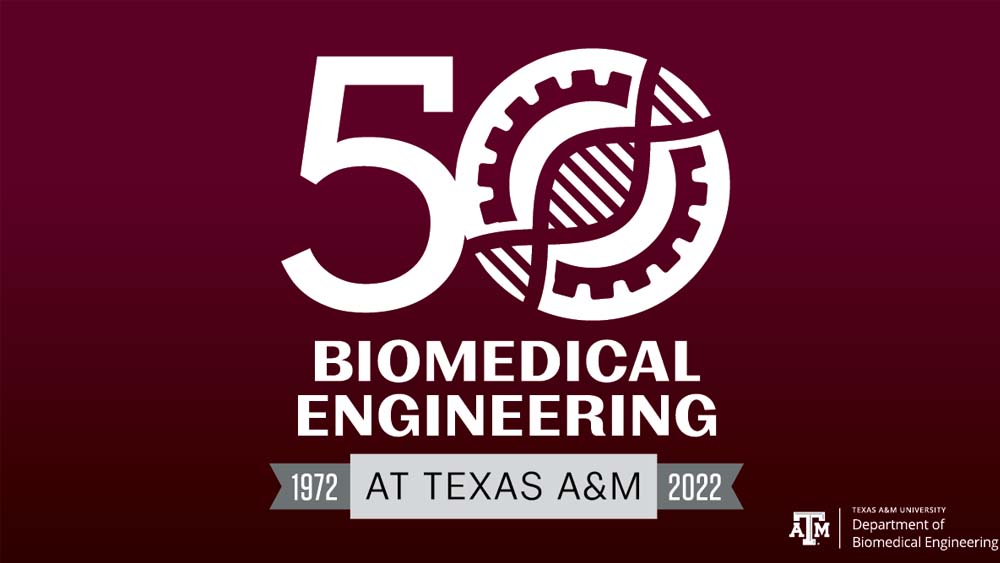
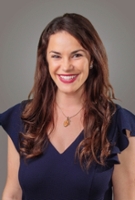
Elizabeth Buck, B.S. ’19 & M.Eng. ’20
Senior Advanced Quality Engineer, Stryker
Phoenix, Arizona
Q: What do you enjoy most about your career?
A: I love the diversity of opportunities that I have been able to pursue as a biomedical engineer in the medical device industry. In the past four years, I have worked in neurovascular research and development, joint replacement product development, surgical robotics quality engineering and sustainable technology development, all within Stryker. As a lifelong learner, the opportunity to cultivate a diverse skill set and contribute to different areas of the business is incredibly rewarding.
Q: Why did you choose to major in biomedical engineering?
A: I chose to major in biomedical engineering after suffering a traumatic brain injury in high school. This life-changing injury inspired within me a personal mission to serve others in the medical field. Biomedical engineering has afforded me the opportunity to accomplish this mission by developing innovative products and processes to improve the patient's quality of life.
Q: What advice do you have for current and future students?
A: Find what drives and motivates you and lean into this when faced with challenges and obstacles during your academic career. Identify what you are passionate about and pursue it wholeheartedly. Go above and beyond to develop an expertise in an area that makes you an asset to a company. Cast a wide net when recruiting. Apply to a variety of positions and remain open minded that your dream job might look different than what you initially envisioned for yourself.
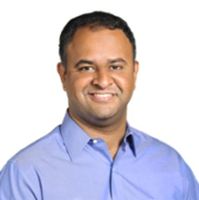
Bilal Malik, Ph.D. ’11
Principal Clinical Imaging Scientist, Genentech; Chief Science Officer, QT Imaging
Novato, California
Q: What do you enjoy most about your career?
A: In both my startup and large company roles, I love being part of the full product cycles of medical devices — from conception and early research to product development to receiving regulatory approvals and finally commercializing the devices. It requires you to understand both the engineering challenges and the end-user (usually a clinician) requirements and how to translate back and forth between the two. I enjoy being the interpreter between the engineers and the clinicians.
Q: Why did you choose to major in biomedical engineering?
A: As an international student, the first time I was truly exposed to biomedical engineering was when I joined Texas A&M for my graduate studies in electrical engineering. I was fascinated by the applications of engineering in medicine and the immediate impact the field was having on the development of new medical devices. By the time I finished my master’s, I had decided to pursue further graduate studies in biomedical engineering.
Q: What were the biggest takeaways from your time in biomedical engineering at Texas A&M?
A: I think the most important thing I realized was that it is never too late to change your field of research and pursue new interests. I saw plenty of examples in biomedical engineering where researchers had focused on one area of research until the end of their graduate school and yet successfully switched over to another area of research afterward. This encouraged me to embrace new areas of research when I jumped from a master’s to Ph.D. to postdoc to jobs, and I continue to learn to this day.
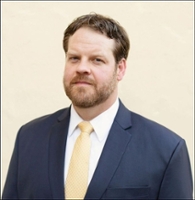
Ed Marvin, B.S. ’00
Intellectual Property Attorney, Gun, Lee & Cave, P.C.
San Antonio, Texas
Q: What advice do you have for current and future students?
A: Keep your mind open to alternative careers you can pursue with your biomedical engineering degree and trust your instinct. When I decided to pursue a law degree, people around me didn't understand why I did not want a career as an engineer, now they do. I'm glad I trusted myself and went with my instinct.
Q: What advice do you have for those interested in entrepreneurship?
A: Although I am not a founder of a company, I work with entrepreneurs on a daily basis. Many people think the key to a successful invention is to have a well-designed product. However, that is only part of the equation. I can help people legally protect their innovations, but there is a lot more to making an invention financially successful. Learning how to market your invention and communicating the potential for the invention is critical and requires a constant drive. Most people believe in the potential for their inventions. Where they fall short is effectively communicating that potential to the market. There are over 11 million issued patents for inventions in the U.S., and the vast majority did not result in financial success.
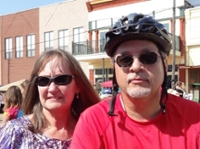
Alan Brewer, B.S. ’77
Professor of the Practice for Innovation and Entrepreneurship, Texas A&M University
College Station, Texas
Q: What do you enjoy most about your career?
A: Since 2014 and my starting with Texas A&M, the biggest joy and greatest rewards have been working with and teaching Texas A&M students. The very large majority of our students have been interested, hard-working and actually fun-to-teach. That said, I would say I enjoyed almost every major role I had while working in the (medical) device industry, especially so at Intermedics Inc. and running new product launches (pacemakers).
Q: What advice do you have for current and future students?
A: Take some “thought-out” risks in your careers, as such risk will often provide real opportunities for personal and career growth. Be flexible and open to opportunities that may seem outside of your present comfort zone. Try a different geography, a different engineering role, etc. But never allow your family and loved ones to take a back seat to excess personal ambition.
Hillary Schatz, B.S. ’96
Surgical R&D Project Head, Alcon Laboratories
Fort Worth, Texas
Q: Why did you choose to major in biomedical engineering?
A: In the 1990s, I could see the lines between medicine and engineering were becoming blurred. News programs, headlines, family experience and medical breakthroughs persuaded me that what was once considered science fiction was soon to be reality. My passions were physiology, science and physics, and I didn't think I was cut out for med school. So, when I found Texas A&M's bioengineering program, I thought it couldn't be more perfect.
Q: What advice do you have for current and future students?
A: My advice would be to take advantage of internships, opportunities in industry, volunteering, community programs, travel and go to guest speaker nights whenever possible. Success doesn't just happen in the classroom; it happens in every interaction of every day. Meeting folks of all different ages and backgrounds, working or volunteering in different environments and traveling all create a deeper understanding of the people and world around us. Problems aren't solved in laboratories, they are solved by people collaborating and understanding.